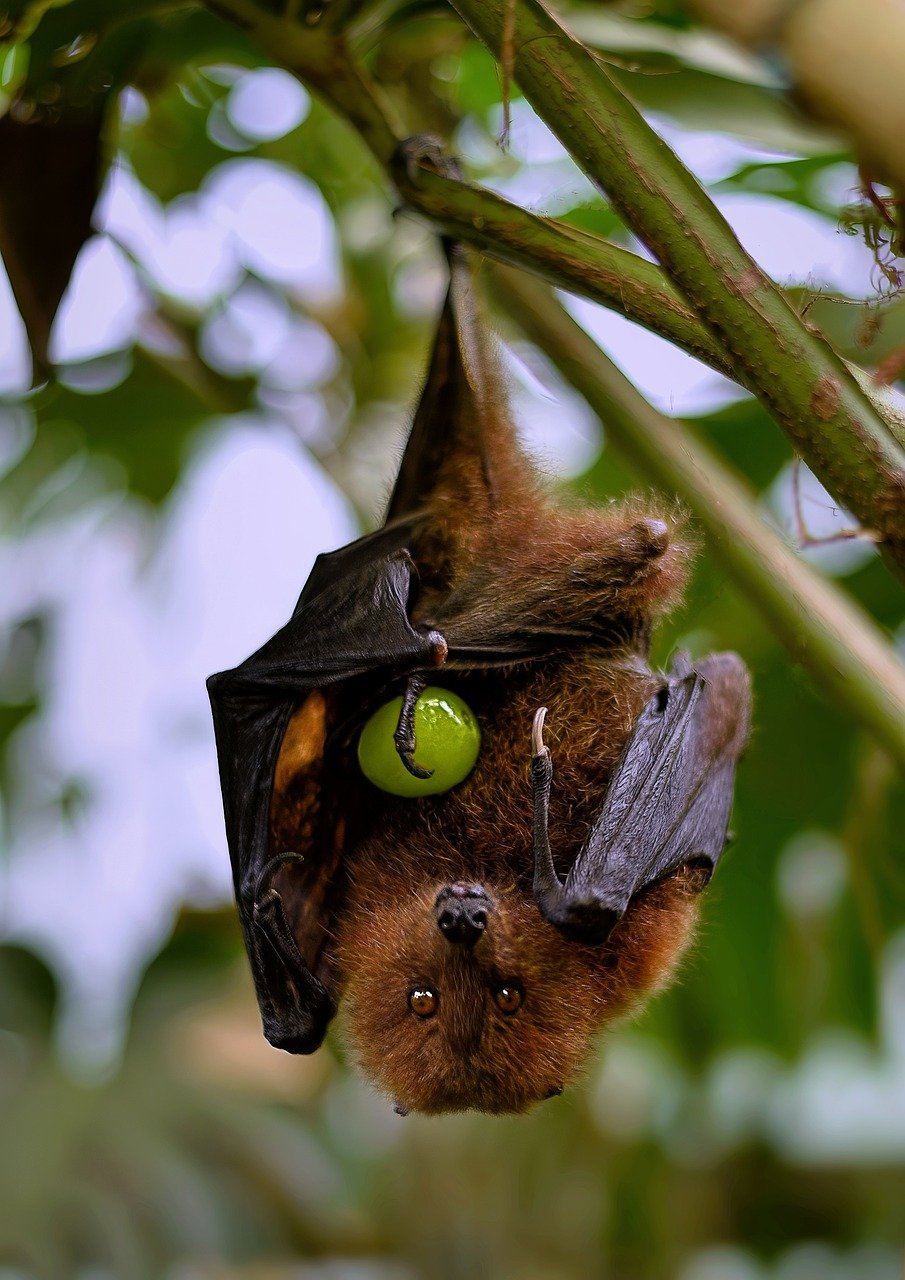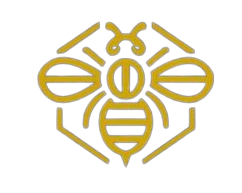
Bats: The Night time Pollinators You Never Knew You Needed
Share
When we think of pollinators, our minds often go straight to bees and butterflies. But did you know that bats play a significant role in pollinating plants, too? That’s right—these winged mammals, often misunderstood and shrouded in mystery, are essential for the growth of many plants and crops worldwide. Let’s take a closer look at the incredible ways bats contribute to pollination and the environment!
Bats: Nature’s Night time Pollinators
Bats, especially those species that are nectarivores (nectar-eating), are key players in pollination, particularly in regions where flowers bloom at night. While bees and butterflies are busy during the day, bats take over after the sun sets, visiting flowers that are specially adapted to be pollinated by creatures active at night. These flowers typically have strong, sweet fragrances and pale colours, making them easy for bats to spot in the dark.
When a bat feeds on the nectar of a flower, it brushes against the plant’s anthers, picking up pollen. As the bat moves from flower to flower, it transfers the pollen, effectively pollinating the plant. This process is vital for the reproduction of many plants, some of which are directly tied to the food we eat.
How Bats Help Our Food Supply
You may be surprised to learn that bats are responsible for pollinating several fruits and crops that we depend on. Some of the most famous bat-pollinated plants include bananas, avocados, mangoes, and agave (which is used to make tequila!). Without bats, the production of these delicious fruits could be in serious trouble, leading to lower yields and higher prices.
Bats are particularly important for pollinating crops in tropical and subtropical regions, where they are the primary pollinators for many types of plants. In fact, bats contribute to the pollination of over 500 plant species, some of which play crucial roles in both local and global food systems.
The Importance of Bat Habitat
Like all pollinators, bats need the right environment to thrive. Their habitats—caves, forests, and old buildings—are essential for their survival and, in turn, their ability to pollinate plants. Bat conservation is crucial to maintaining healthy ecosystems, as bats are also natural pest controllers, feeding on insects such as mosquitoes and moths.
When bat populations decline, the impact can be felt far beyond just the disappearance of these fascinating creatures. The plants they pollinate, and the crops we rely on, may also begin to suffer. Deforestation, urbanization, and the loss of safe roosting spaces all threaten bat populations, so protecting their habitats is key to ensuring they continue their important work as pollinators.
Not Just Pollinators: Bats as Ecosystem Heroes
Bats are not just pollinators; they are also seed dispersers and insect controllers. By consuming vast quantities of insects—sometimes up to half their body weight in a single night—bats help reduce the need for pesticides, which are harmful to both the environment and our health. This natural pest control is especially important for farmers, as bats can significantly reduce crop damage from pests.
In addition to controlling insect populations, bats are also important for dispersing seeds. By eating fruits and flying long distances before they excrete seeds, bats help to spread plant life across large areas, promoting biodiversity.
Protecting Bats and Their Role in Our Ecosystem
As beneficial as bats are, they face many challenges. Habitat loss, climate change, and misconceptions about these creatures have put bat populations in jeopardy. However, there are things we can all do to help protect bats and the crucial role they play in pollination and ecosystem health:
- Preserve bat habitats: Support conservation efforts that protect bat roosting sites and natural habitats.
- Create bat-friendly environments: Plant a variety of nectar-rich flowers in your garden to attract bats. Consider installing bat houses to provide roosting spaces.
- Educate others: Bats often get a bad rap due to myths and fears. Educate your friends and family about the vital role bats play in the environment and food systems.
By taking small actions in our communities, we can help ensure that bats continue their essential work as pollinators, seed dispersers, and natural pest controllers.
A Final Thought: Bats Are Our Night time Heroes
While bees and butterflies often take the spotlight when it comes to pollination, bats are the unsung heroes of the night. These incredible creatures help pollinate many of the foods we rely on and are integral to maintaining healthy ecosystems. Protecting bats and their habitats is crucial for preserving biodiversity and the food sources we depend on.
So, the next time you spot a bat flitting through the night sky, take a moment to appreciate the hard work they’re doing behind the scenes. They might not get as much attention as daytime pollinators, but without bats, the world would be a lot less sweet!
Plant for Pollinators with Seed Bombs
Want to help create a habitat that supports pollinators like bats? Our Seed Bombs are a fun and easy way to grow flowers that attract these important creatures. Just toss them in your garden, and watch the beauty—and the pollinators—flourish!






